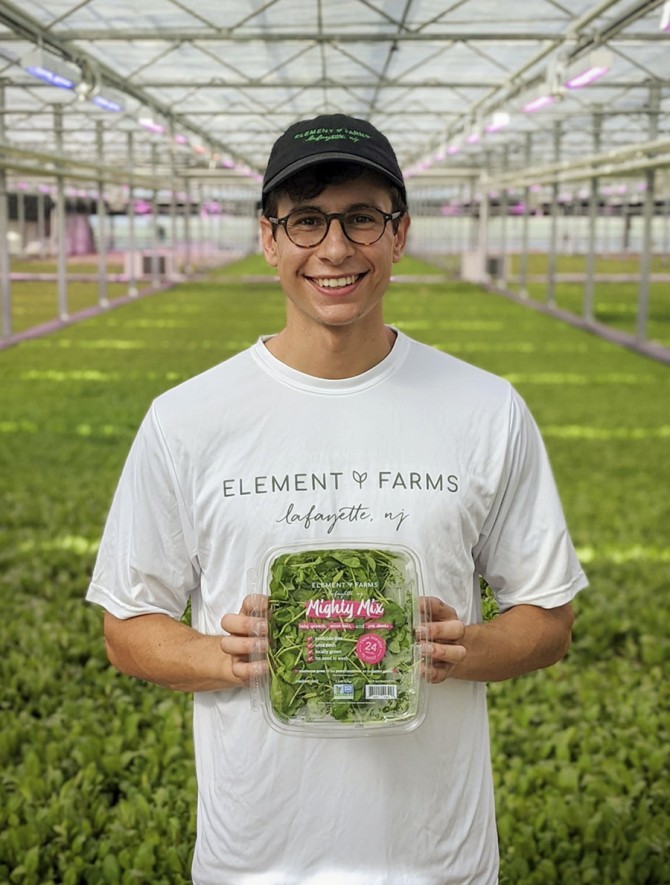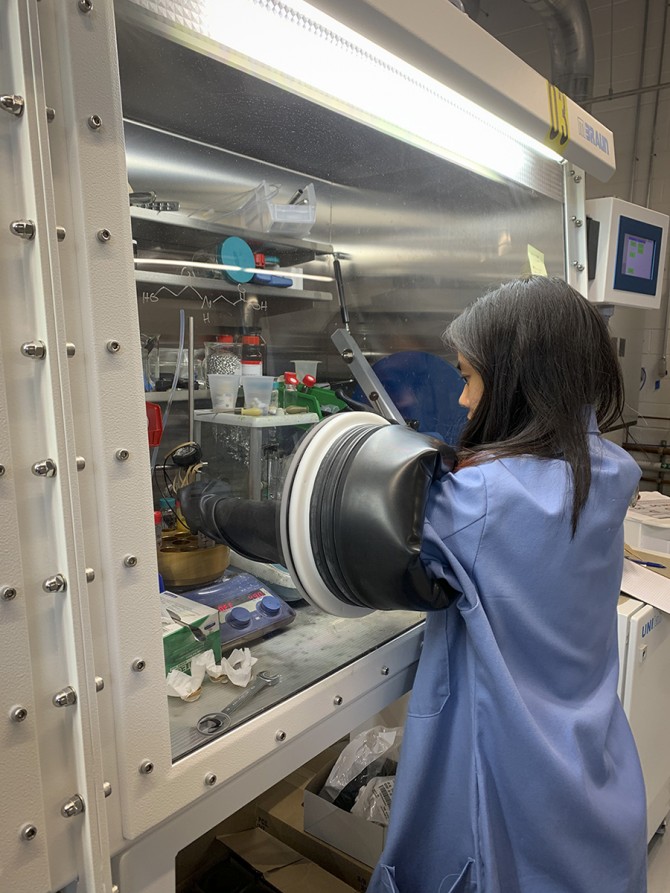Kessler Fellows internships completed amid trying times
By Jack Reilly
Each spring, students selected for the College of Engineering’s Kessler Fellows Program complete a semesterlong immersion that cultivates students’ entrepreneurial readiness before diving into a summer internship with a startup of their choice.
This year, though, the program – open to Cornell juniors from all disciplines interested in entrepreneurship – navigated intern placement amid a global pandemic, when many businesses faced economic uncertainty and potential closure due to COVID-19. And while many college students faced cancellation of in-person educational opportunities, this year’s Kessler Fellows completed their internships as planned.
“By leveraging our experienced team of program directors and entrepreneurs in residence at Cornell’s Center for Regional Economic Advancement (CREA), we were able to place 100% of our fellows and ensure the success of the program,” said Nate Cook, Kessler Fellows Program lead and CREA entrepreneur-in-residence.
“It meant a lot this year especially, given the uncertainty of all the other parts of our lives. This experience was important for my career development,” said Samantha Hertle ’21, who interned with Allbirds, a sustainable shoe company.
In the Kessler Fellows Program – fully funded through the generosity of Andrew J. Kessler ’80 – students receive a weekly summer stipend, allowing them to focus full time on their summer startup experiences.
This year’s fellows and the startups with which they interned:
- Sam Brickman ’21 (computer science) and Jordyn Goldzweig ’21 (computer science) worked on Zing and Quarantine Buddy, two eLab startups that connect students with other classmates, and users who are quarantining, to prevent isolation and foster community.
- Corson Chao ’21 (materials science and engineering) worked with Dimensional Energy, a startup that makes solar fuels viable through efficient utilization and even distribution of sunlight in scalable reactor forms.
- Shemar Christian ’21 (mechanical engineering) worked with Combplex, an ag-tech startup that provides beekeepers with automatic, safe and affordable ways to manage Varroa mites year-round and chemical-free.
- Marigot Fackenthal ’21 (mechanical engineering) worked with Glacier, an AI tech startup that developed a robot that can sort recycling to process trash more cleanly and efficiently.
- Mary Feyrer ’21 (mechanical engineering) worked with Facture Design, an early-stage product development and functional prototyping startup.
- Audrey Gunawan ’21 (materials science and engineering) worked with Novomer, a chem-tech company that produces cost-competitive sustainable chemicals to replace global demand for petroleum-based chemicals.
- Samantha Hertle ’21 (chemical engineering) worked with Allbirds, a footwear company that uses a direct-to-consumer approach and is aimed at designing environment-friendly footwear.
- Grant Logan ’21 (materials science and engineering) worked with CruzFoam, a startup that is powering industry leaders to be the catalyst for a cleaner environment.
- Lineker Ono ‘21 (mechanical engineering) worked with Rosie, a grocery e-commerce and delivery platform that allows consumers to shop from independent grocers online.
- Jonathan Petrozzini ’21 (materials science and engineering) worked with Element Farms, an agriculture startup with a mission to provide the best-tasting, locally grown, pesticide-free produce.
- Yitzy Rosenberg ’21 (environmental engineering) worked with Chloe Capital, a seed-stage venture capital firm investing in women-led innovation companies.
- Conner Swenberg ’21 (engineering and physics) worked with Proxy, Inc., an IT startup that offers a simpler way to access offices, buildings and other things humans interact with in the physical world.
- Yunyun Wang ’21 (information science) worked with Iterate Labs, a biomotion data and analytics platform focused on workforce productivity, training and safety.
During a vulnerable economic time, these internships were a valuable experience for both students and startups.
“The experience helped me to finally decide to move away from aerospace and defense and into sustainability,” Fackenthal said. “This is something I’ve been trying to convince myself to do for the last several years, and this internship really set in in stone.”
Several Kessler Fellows were placed with Cornell-affiliated startups, including Combplex – which took home $250,000 in the 2019 Grow-NY food and ag competition – and Dimensional Energy of Rev: Ithaca Startup Works and the McGovern Center.
“The entrepreneurial ecosystem of Cornell University and Ithaca, New York, depends on the participation of local entrepreneurs, students and the community,” Cook said. “By sharing their talents, the Kessler Fellows are helping to stimulate that ecosystem and ensure the survival of local startups.”
Jack Reilly is a writer for the Center for Regional Economic Advancement.
Media Contact
Get Cornell news delivered right to your inbox.
Subscribe


